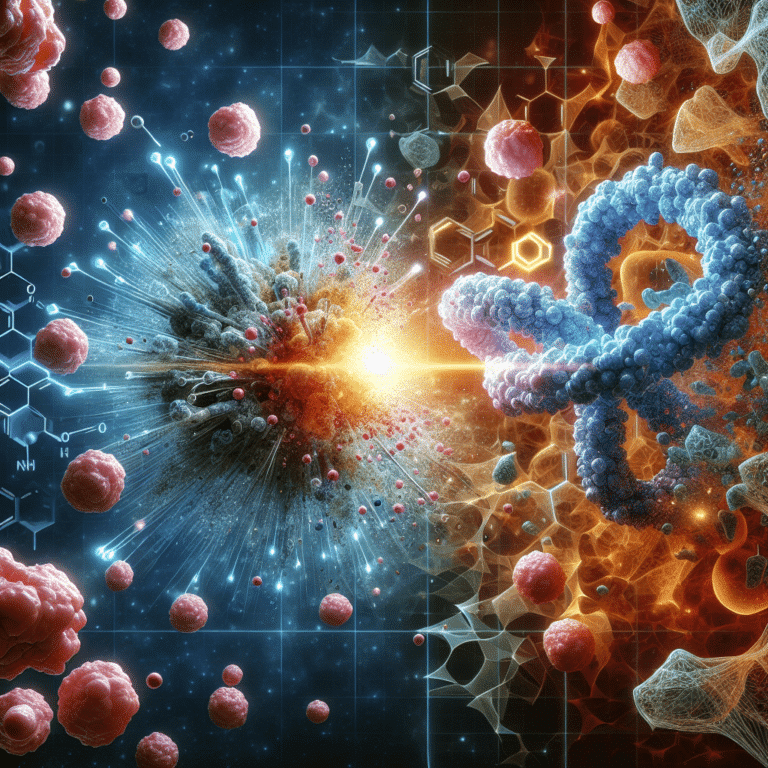Researchers at NYU Abu Dhabi have discovered that a tumor suppressor protein triggers a unique cell death pathway in cancerous cells, promising new treatments for hard-to-treat cancers and neurodegenerative diseases.
- The tumor suppressor protein Par-4 has been found to induce a unique type of cell death called ferroptosis in human glioblastoma while sparing healthy cells.
- Ferroptosis, triggered by iron-mediated reactive oxygen species production and lipid peroxidation, plays a crucial role in shrinking cancerous tumors.
- Par-4, known for apoptosis, has been shown to promote ferroptosis in cancer cells, potentially offering new treatment opportunities for cancers and neurodegenerative diseases.
- Par-4 triggers ferritinophagy through NCOA4, leading to labile iron pool accumulation, ROS production, and lipid peroxidation, ultimately causing ferroptosis.
- This discovery presents a breakthrough in cancer treatment development, offering new avenues for creating more effective therapies for glioblastoma and other challenging diseases.
Source link
Oncology, Cell Death Pathway, Tumor Suppressor Protein Par-4


